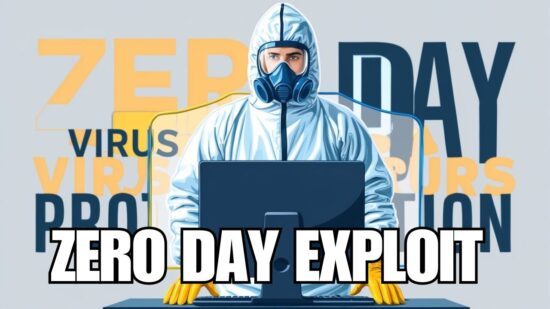The Dark Web can seem like some far-off nuisance, the stuff of movies and clickbait headlines. Unfortunately, the impact the Dark Web can have on your business is a real threat many business owners still ignore. That is, until their data is compromised.
Protect your business against Dark Web threats by incorporating these protections into your security policies.
1. Strong Password Protocols
A secure password can be the most effective weapon against breach attempts on your network. Too many businesses fail to implement and enforce password policies that enable better protection. Your company needs to take the lead and implement consistent password protocols in the following ways:
- Password History – Do not allow users to reuse old passwords. An ideal policy would prohibit reusing a password until at least five password cycles have passed.
- Password Age – Have passwords expire automatically after a set number of days. Be sure to send plenty of warning to users that they will not be allowed to use the password after the deadline. Shorter password cycles can ensure a higher level of security.
- Password Length and Characters – Put compliance controls in place that force users to make their passwords a minimum length. We recommend enforcing password complexity by requiring thay they be at least eight characters, with an alphanumeric mix for added protection.
2. Consistent User Education and Training
Employees can easily get sloppy about security when trying to meet various task deadlines. They may use their login credentials in places where they shouldn’t to save time.
Make security vigilance part of the company culture by having regular cybersecurity awareness sessions that cover the following topics:
- Techniques hackers use to trick you into providing your personal information
- How to identify phishing emails
- Importance of using two-factor authentication
- Using protected devices when conducting company business outside of the office
- How regular patching and other updates are essential for security
- How company password policies are enforced and why
3. Thorough Vetting of All Vendors
It can be tempting to try out new and exciting, open-source applications from new vendors. You might be looking for an app that will improve your teams productivity, and want to try out the latest and greatest. But it’s important that all software applications are vetted by your IT team, as one wrong download can provide a gateway for hackers.
Before you start working with a new vendor and software, it is best to first ask the following questions:
- What are other companies saying about the software?
- Are there complaints about viruses or malware after downloading?
- What type of support does the vendor make available if an issue arises?
- How long has the vendor been in business?
- Does your IT team have the capacity to handle any patches, network fixes, security updates, training, etc. required to safely monitor the software?
What if Dark Web Monitoring Locates any Company Info?
Having your company data turn up during routine Dark Web monitoring is not an immediate indicator of compromised systems. On-Site Computers follows up the results of a scan by verifying:
- Whether the data has been used to breach your company systems
- The length of time the data has been on the Dark Web
- Where the data came from
Health and financial institutions are not the only businesses that have a lot to lose when it comes to information breaches. No company conducting business over the internet can afford to be careless about security.
That’s why On-Site Computers is offering a 30-day free trial for Dark Web scan monitoring. Use the results as an opportunity to refine and improve your current security posture to ensure you don’t become the latest news headline. Contact us today to get started.






